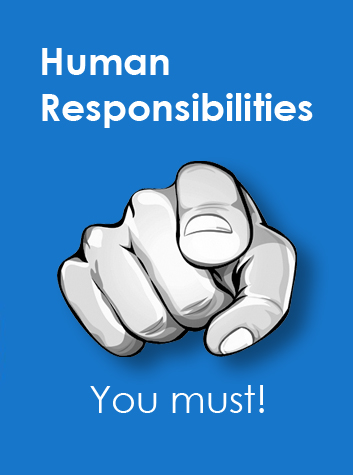Human Rights
All human rights – including the right to health – apply to all people: migrants, refugees and other non-nationals.
The International Covenant on Economic, Social and Cultural Rights recognizes the right of everyone to the enjoyment of the highest attainable standard of mental and physical health.
Recently, the International Convention on the Protection of the Rights of All Migrant Workers and Members of their Families entered into force, providing additional human rights protections for migrant workers.
These and other provisions should be integral to migration and health policies, programmes and legislation
Health care for refugees and asylum seekers represents a challenge for the health system of the host country for various reasons.
Examples are lack of access to health care in the host country and past experience of trauma which may have caused mental health problems. Furthermore, there may be barriers of communication, language and culture.
As a result of persecution, conflict, generalized violence or human rights violations, 65.3 million people were forcibly displaced worldwide in 2015.
Most refugees were from Syria and over 6.3 million people fled from war!
The International Covenant on Economic, Social and Cultural Rights recognizes the right of everyone to the enjoyment of the highest attainable standard of mental and physical health.
Recently, the International Convention on the Protection of the Rights of All Migrant Workers and Members of their Families entered into force, providing additional human rights protections for migrant workers.
These and other provisions should be integral to migration and health policies, programmes and legislation
Health care for refugees and asylum seekers represents a challenge for the health system of the host country for various reasons.
Examples are lack of access to health care in the host country and past experience of trauma which may have caused mental health problems. Furthermore, there may be barriers of communication, language and culture.
As a result of persecution, conflict, generalized violence or human rights violations, 65.3 million people were forcibly displaced worldwide in 2015.
Most refugees were from Syria and over 6.3 million people fled from war!
An estimated 258 million people, approximately 3 per cent of the world’s population, currently live outside their country of origin, many of whose migration is characterised by varying degrees of compulsion.
Notwithstanding that many migrant choose to leave their countries of origin each year, an increasing number of migrants are forced to leave their homes for a complex combination of reasons, including poverty, lack of access to healthcare, education, water, food, housing, and the consequences of environmental degradation and climate change, as well as the more ‘traditional’ drivers of forced displacement such as persecution and conflict.
While migration is a positive and empowering experience for many, it is increasingly clear that a lack of human rights-based migration governance at the global, regional and national levels is leading to the routine violation of migrants’ rights in transit, at international borders, and in the countries they migrate to.
While migrants are not inherently vulnerable, they can be vulnerable to human rights violations. Migrants in an irregular situation tend to be disproportionately vulnerable to discrimination, exploitation and marginalization, often living and working in the shadows, afraid to complain, and denied their human rights and fundamental freedoms.
Human rights violations against migrants can include a denial of civil and political rights such as arbitrary detention, torture, or a lack of due process, as well as economic, social and cultural rights such as the rights to health, housing or education.
The denial of migrants’ rights is often closely linked to discriminatory laws and to deep-seated attitudes of prejudice or xenophobia.
Notwithstanding that many migrant choose to leave their countries of origin each year, an increasing number of migrants are forced to leave their homes for a complex combination of reasons, including poverty, lack of access to healthcare, education, water, food, housing, and the consequences of environmental degradation and climate change, as well as the more ‘traditional’ drivers of forced displacement such as persecution and conflict.
While migration is a positive and empowering experience for many, it is increasingly clear that a lack of human rights-based migration governance at the global, regional and national levels is leading to the routine violation of migrants’ rights in transit, at international borders, and in the countries they migrate to.
While migrants are not inherently vulnerable, they can be vulnerable to human rights violations. Migrants in an irregular situation tend to be disproportionately vulnerable to discrimination, exploitation and marginalization, often living and working in the shadows, afraid to complain, and denied their human rights and fundamental freedoms.
Human rights violations against migrants can include a denial of civil and political rights such as arbitrary detention, torture, or a lack of due process, as well as economic, social and cultural rights such as the rights to health, housing or education.
The denial of migrants’ rights is often closely linked to discriminatory laws and to deep-seated attitudes of prejudice or xenophobia.




